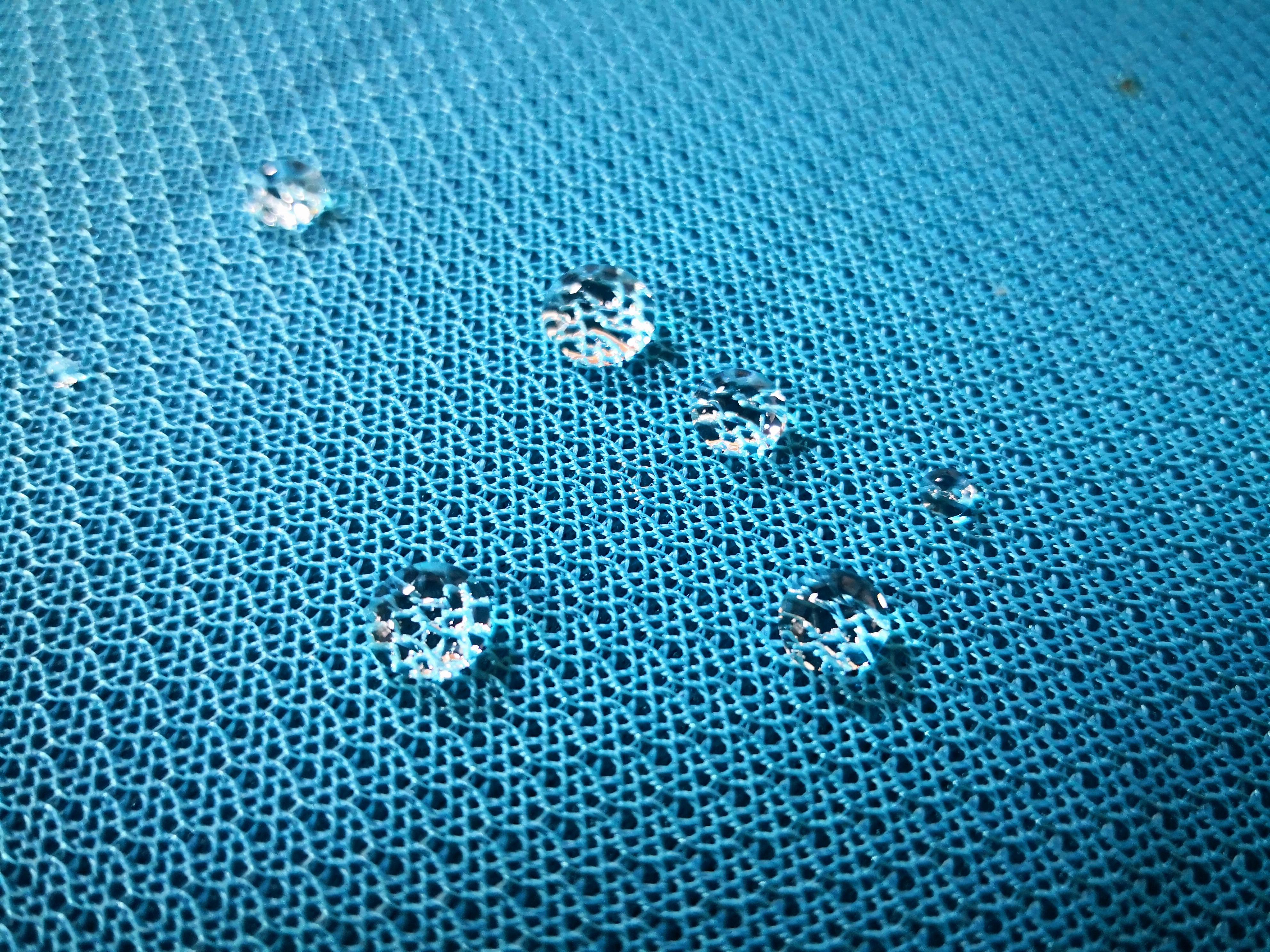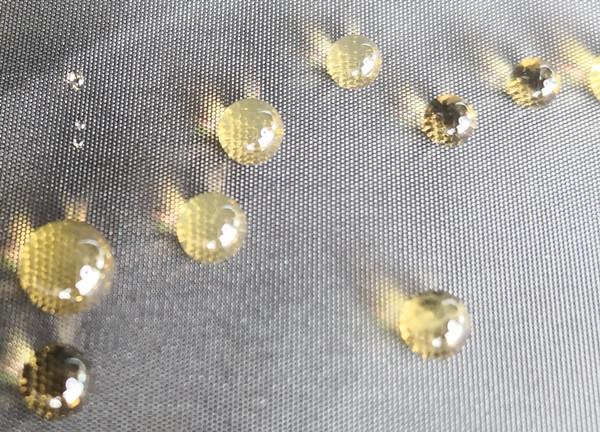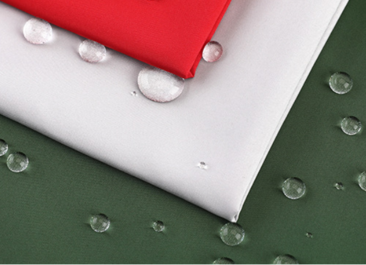1. What is polyester-cotton blending
Polyester-cotton blend is actually a fabric made of polyester and cotton. This fabric is usually made of 65% to 67% polyester and 30% It is mixed with 3 to 35% cotton, so people also call this fabric Deliang. Many people can’t tell the difference between polyester-cotton blended fabrics and cotton-polyester blended fabrics. In fact, although they sound like the same fabric, in fact they are completely two fabrics. Polyester-cotton blended means that the polyester component accounts for 6%. The proportion of cotton is more than 10%, while the cotton content is less than 40%, so everyone must pay attention to the fabric composition when checking the market.
2. Common polyester-cotton blended fabrics
Polyester-cotton blended fabrics are simply various fabrics woven purely from polyester short fiber and cotton red fiber blended yarn. This kind of fabric is relatively common in our lives. Moreover, the appearance of the fabric looks quite stiff. The fabric is very durable and durable, easy to clean, and has stable size. However, compared with pure cotton fabric, the hygroscopicity and breathability of this polyester-cotton blended fabric are slightly worse. . Usually the polyester-cotton blended fabrics that are common in our lives are various types of clothing, especially the shirts, work clothes and some of our common bedding that we often use.
3. Advantages and disadvantages of polyester-cotton blends
Polyester-cotton blend is a combination of polyester and cotton, so it not only has the advantages of polyester, but also inherits the advantages of cotton fabrics. The elasticity and wear resistance of the fabric are very good, and the fabric size It is stable and has very little shrinkage. Fabrics made of it generally have the advantages of being stiff, not easy to wrinkle, easy to clean and easy to dry. At the same time, this kind of fabric also has its own shortcomings, because polyester fiber is a hydrophobic fiber after all. This polyester-cotton blend also includes this, so the fabric has a relatively strong affinity for oil stains, so the fabric is very easy to absorb oil stains. , and people are prone to generate static electricity during use, so it is not very convenient.

4. Oil-proof treatment of work clothes
Because polyester-cotton blended fabrics have a relatively strong affinity for oil stains, the fabric can easily absorb oil stains; therefore, many work clothes are treated with waterproof, oil-proof and anti-fouling treatments.
Three-proof additives: special waterproof, oil-proof and anti-fouling additives for polyester blends, the dosage is 6% of the weight of the fabric (it is necessary to test the liquid rate of the setting machine on site to calculate the ratio of additives and water)
Setting temperature and time : Bake at 165℃ for 72 seconds, machine speed 20m/min.









